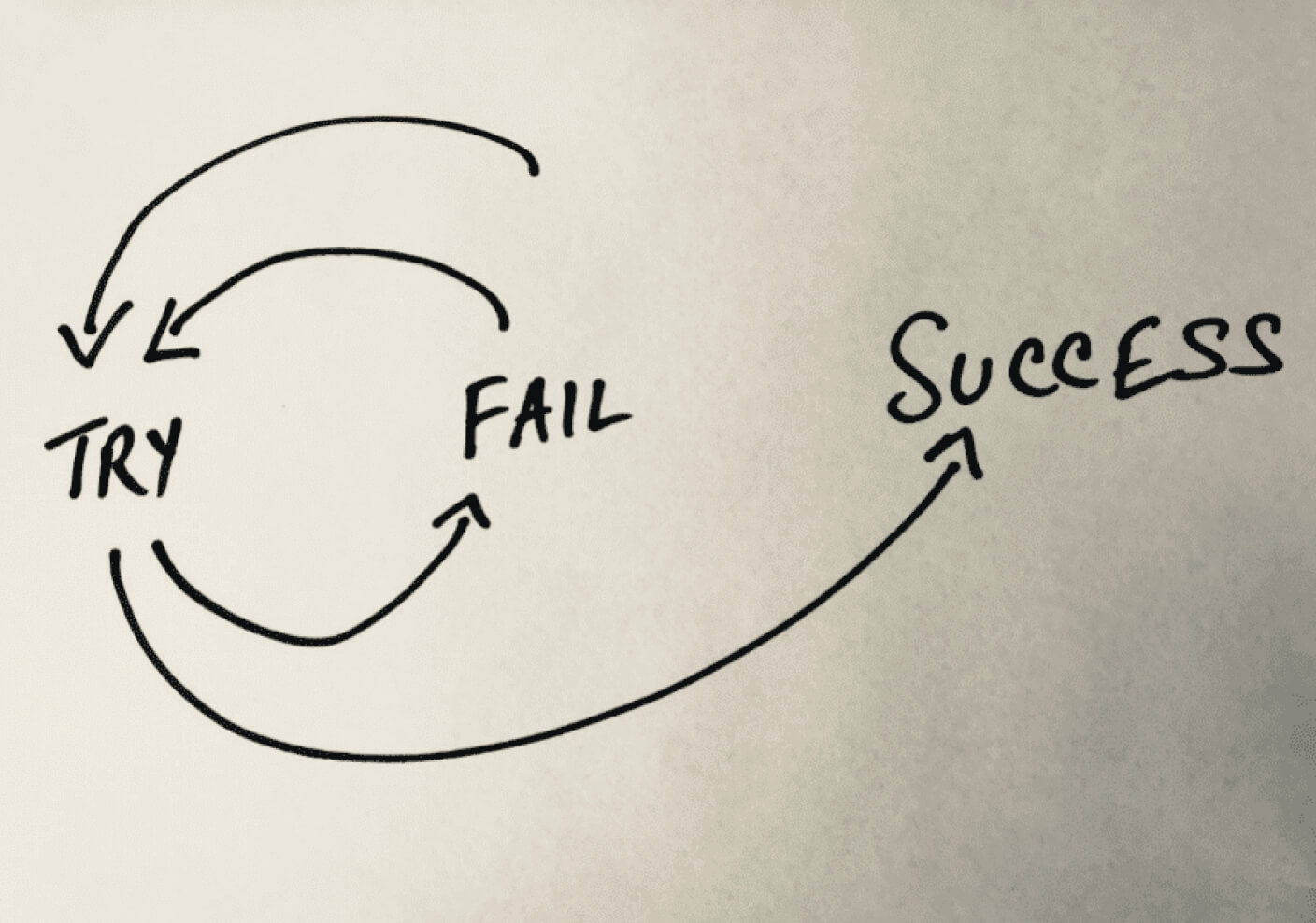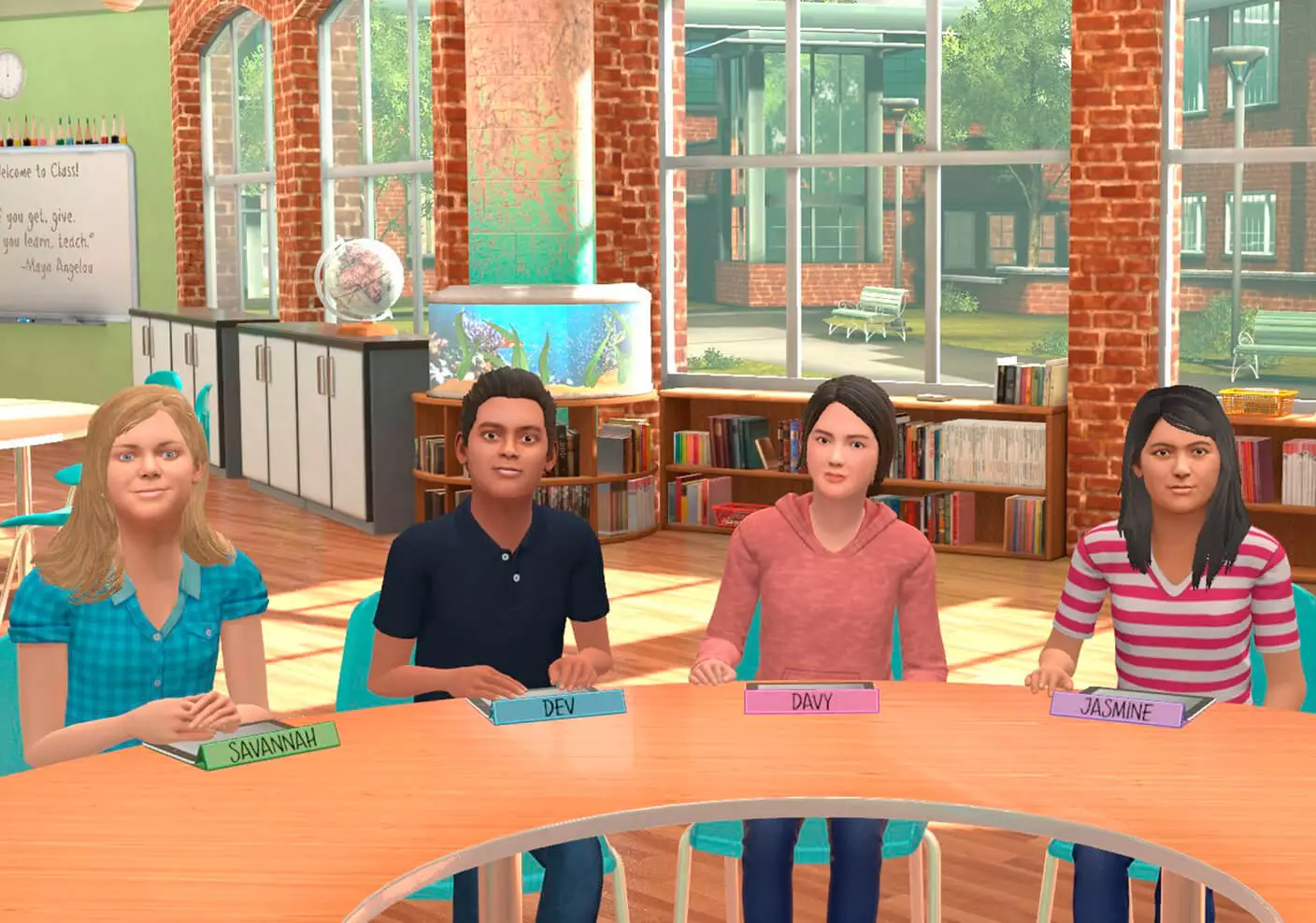This may be the only time I’ll disagree with Yoda and, yes, I’m about to pick a semantic fight with the Jedi Master. He was wrong to tell Luke “There is no try.” He didn’t seem particularly empathetic during the training in the swamp and I think it backfired.
Fast forward eight years after the theatrical release of The Empire Strikes Back, we get Nike’s “Just do it” campaign. Then came the books… “Relax more, try less”… “Trying not to try.” I admit, I’m judging these books by their titles; and I argue that Yoda set us on this path of anti-trying. Conversely, when I searched “books on trying,” the results came back with children’s books on trying your best–about taking risks, discovering new things, and making friends. Many years ago, I overheard a grade-schooler say that he didn’t want to be seen as a “try hard.” The rejection of trying has an air of self-consciousness and innocence lost. Most parents instill in us (even into our adulthood) that it’s good enough to try. Drill sergeants don’t, but that’s their job.
Due in part to Yoda’s often quoted utterance, do we now suffer from a “just do it” culture that shames the idea of trying? Unlike Luke, most of us are not dealing with stakes of galactic proportions. But what if Yoda had handled this novice/trainee/apprentice differently? What if Yoda trained him to the point of utmost confidence befitting a Jedi and recognized that making Luke choose between his friends and his calling would yield poor results? Admittedly, this would’ve been the more practical, gentler approach that lacks the tension necessary for a good movie.
In a setting where drama is not what you’re aiming for, the classroom calls for a lot of preparation by way of trying and training. Those in the business of shaping young minds deserve and need a challenging, but not dangerous, space to become ready for the classroom. In a recently posted article “Learning to teach from naughty avatars,” the author writes about a study conducted by researchers at the University of Virginia’s (UVA) Curry School of Education and Human Development. It looked at how teachers fare in a virtual classroom, built by Mursion, filled with misbehaving virtual students. In addition to having a space where they can try and practice specific skills, there’s another component to the experiment. One group had a coach while the other leaned on self-reflection after practicing how to manage a classroom. In this UVA study, they found that the teacher candidates who had coaches were more likely to challenge and re-frame how they perceived “unruly” students. Those without the benefit of a coach and left on their own to reflect and introspect were more likely to dig in–resulting in a cementing of their negative biases of misbehaving students.
Today, we see many shapes and sizes of coaches–for business, for life, for sport. They play an important role in how we train and how we process what we’ve learned. Embedded in the Mursion way of training is the human-in-the-loop. The UVA study reinforces the importance of feedback provided by someone whose concern and “work product” is the learner’s confidence. A novice, by definition, doesn’t know enough to challenge or recognize wrong thinking. Which makes being “coachable” a desirable trait. If you don’t want to be seen as a try-hard wreaking of desperation, your antidote is confidence. And the path to confidence is training…and yes, trying. And it may be time to fire Yoda as your coach.
If you’d like to try a classroom simulation, write to me at [email protected].
Subscribe for the latest Mursion articles and updates.
By clicking the sign up button above, you consent to allow Mursion to store and process the personal information submitted above to provide you the content requested. View our Terms and Conditions.




